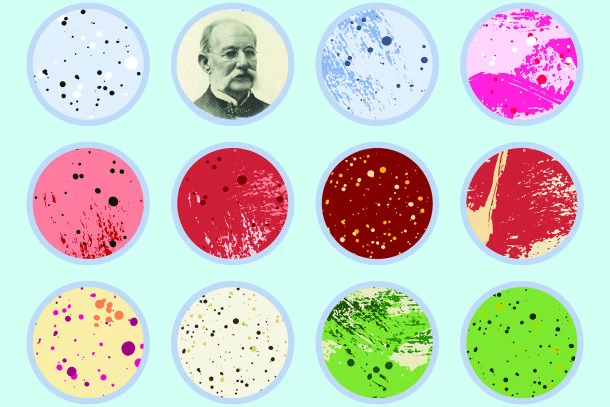- Login to ASPnet | Ghana Commission for UNESCO | Government Agency Responsible for the coordination of Ghana's contributions to and presence at UNESCO
Call for nominations: UNESCO-Carlos J. Finlay Prize for Microbiology 2023

UNESCO
UNESCO is seeking nominations for the UNESCO-Carlos J. Finlay Prize for Microbiology 2023
Funded by the Government of Cuba, the UNESCO-Carlos J. Finlay Prize for Microbiology aims to reward the efforts of an individual, or of an institution, non-governmental organization or other entity which, through research and development, has made an outstanding contribution to the field of microbiology (including immunology, molecular biology, genetics, etc.) and its applications.
Acknowledging the importance of microbiology for human health and development, the Government of Cuba and UNESCO have established a prize in honour of one of the most important microbiologists in history: Carlos J. Finlay (Camagüey, 3 December 1833 – La Havana, 20 August 1915). His innovative research on infectious diseases and especially his work on yellow fever have had huge benefits for humankind.
The Prize aims to reward the efforts of an individual, or of an institution, non-governmental organization or other entity which, through research and development, has made an outstanding contribution to the field of microbiology (including immunology, molecular biology, genetics, etc.) and its applications.
If the work being rewarded has been produced by two or three persons, the Prize shall be awarded to them jointly. The Prize may not be shared by more than three persons.
The candidates shall be nominated by the governments of Member States, in consultation with their National Commissions for UNESCO, science institutions and associations, and by non-governmental organizations in official partnerships with UNESCO and active in relevant fields covered by the Prize. Nominations from individuals will not be accepted.
Why microbiology matters
Microbiology is the field of biology that studies microorganisms: microscopic living organisms such as bacteria, viruses, fungi and protozoa. They are so small that the unaided human eye is not able to detect them. Nevertheless, they play a fundamental role in sustaining life on earth. For example, tiny cyanobacteria oxygenated the Earth’s atmosphere through photosynthesis more than 2 billion years ago.
Microorganisms have a major impact on all aspects of life. They are used by humans to make solvents, pharmaceuticals, antibiotics, preservatives, and are fundamental to the process of fermentation that produces cheese and bread, for example.
Statutes of the UNESCO-Carlos J. Finlay Prize for Microbiology
